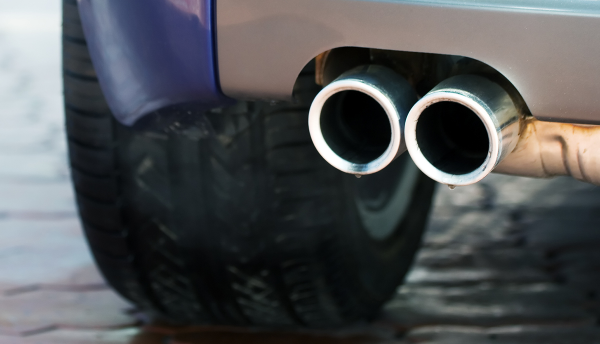
The Volkswagen (VW) Group has published a full list of vehicles and powertrains that have been implicated in the misstating of CO2 emissions (available to download here). The latest release supplements the initial disclosure from the company on 3 November that irregularities had arisen in determining the CO2 emissions for type-approval purposes of 800,000 vehicles. VW's own internal investigation narrowed down the numbers of vehicles with implausible CO2 figures, finding that 430,000 vehicles are affected across the group for the 2016 model year. The company is still looking into precisely how many vehicles in previous model years will be affected. The firm said it is "...in dialogue with the respective countries' financial and fiscal authorities so that all taxes arising in direct relation to the CO2 issue are charged straight to the Volkswagen Group and not to the customers." The company has now begun a process of sharing the information with the relevant authorities and beginning the process of re-assessing the CO2 figures of the cars in question. VW is also informing national divisions and local sales companies. The new CO2 figures will be agreed under the supervision of the German Federal Vehicle and Transport Authority (KBA).
VW also announced its sales results for October, which was the first full month in which the company's issues with NOx emissions from its EA189 powertrain were in the public domain. It is impossible to accurately quantify what, if any, effect the emissions affair has had on the sales for the month, but any impact at this stage is likely to be negligible. In October, total sales for the group fell by 3.5% year on year (y/y) to 831,300 units. In the year-to-date (YTD), sales fell by 1.7% to 8,262,000 units.
Of this total, sales fell by 1.5% y/y in Europe to 335,000 units in October, which was a significant fall on the 3% growth that group sales recorded in the region in the first 10 months with sales coming in at 3,408,800 units. Of this total 280,000 units were sold in western Europe during October, a decline of 1.2% y/y, with YTD sales in the region rising 5.4% y/y to 2,902,200 units. The biggest decline in the European region was Russia, which was down 31% during the month to 15,000 units, and down 37% y/y in the YTD to 142,300 units. The biggest regional decline was in South America which fell 38.1% y/y to 44,400 units in October and was down 26.4% y/y in the YTD to 483,800 units. In China, sales rose by 1.6% y/y to 312,200 units during the month which was actually a significant improvement on the rate of decline in the first 10 months. YTD sales fell 4.5%, meaning that VW's sales declined faster than the overall market in which it is the leading brand.
Outlook and implications
This latest disclosure from VW gives a detailed breakdown of the model types and vehicles directly affected in the misstated CO2 emissions situation. It shows that VW is beginning to get a handle on the full situation and can begin the dialogue with the regulatory authorities such as the KBA over possible next steps. It can also begin the process of informing customers directly about which vehicles are affected, with 430,000 units directly affected being the newest model year vehicles. It remains to be seen how many private buyers have acquired these vehicles, but those customers in particular are likely to be extremely unhappy about buying a new car, only to have the emissions and therefore fuel economy immediately restated. There are multiple potential cost implications for VW for the misstated CO2 emissions situation, and the firm has already set aside EUR2 billion for costs associated with the CO2 affair. In terms of the company's October sales performance, it is obviously very early in the combined NOx and CO2 emissions affair, so it is impossible to judge what direct implications there will be on both VW Group and VW passenger car brand sales. That said, it was interesting to note that there was a 1.2% y/y decline in combined group sales during the month in western Europe, and it will be interesting to compare how VW does against the wider market when the ACEA's EU sales data is released tomorrow (17 November). For the full year, IHS Automotive forecasts that group light vehicle sales will fall from 9.99 million units to 9.86 million units.








